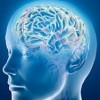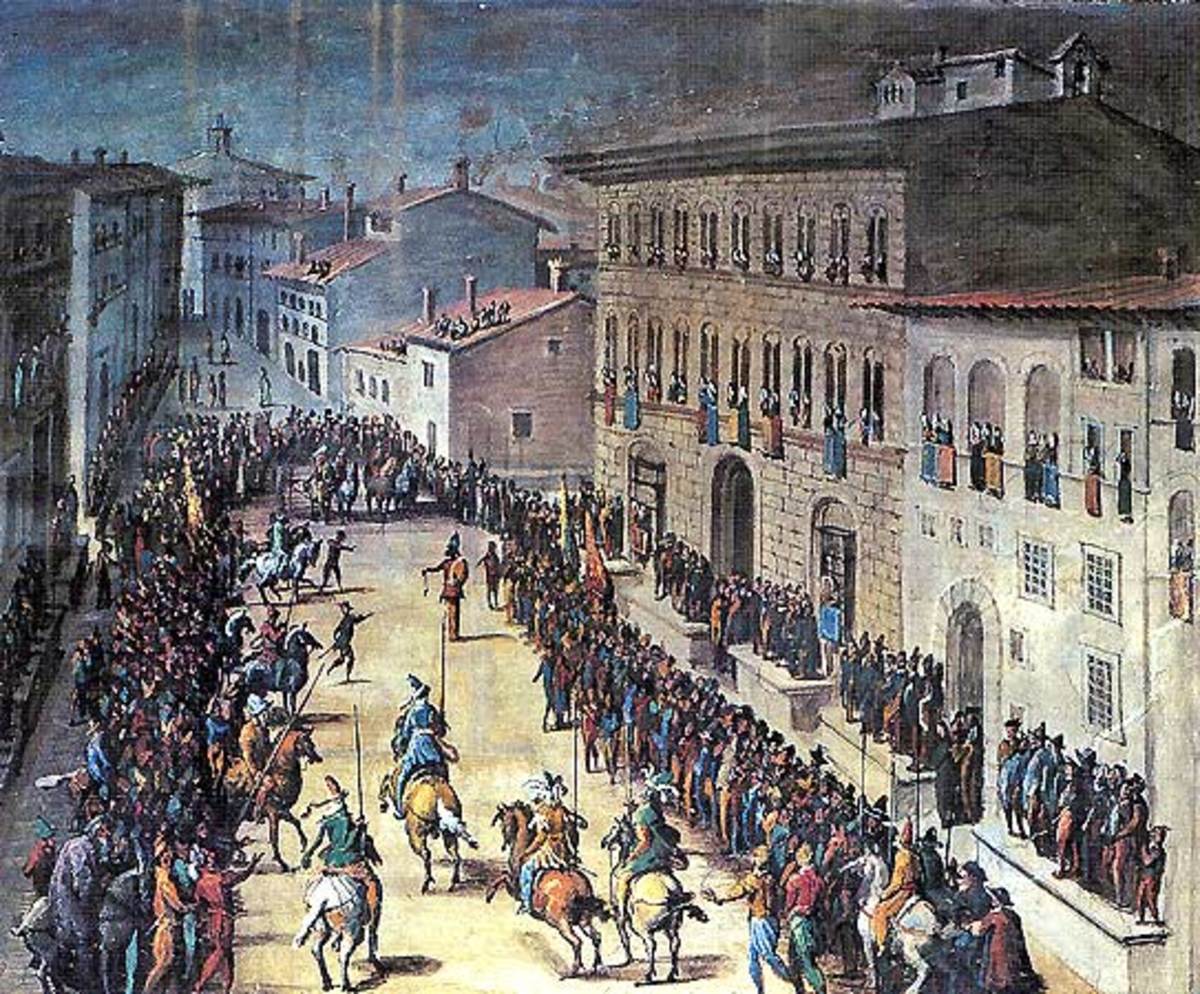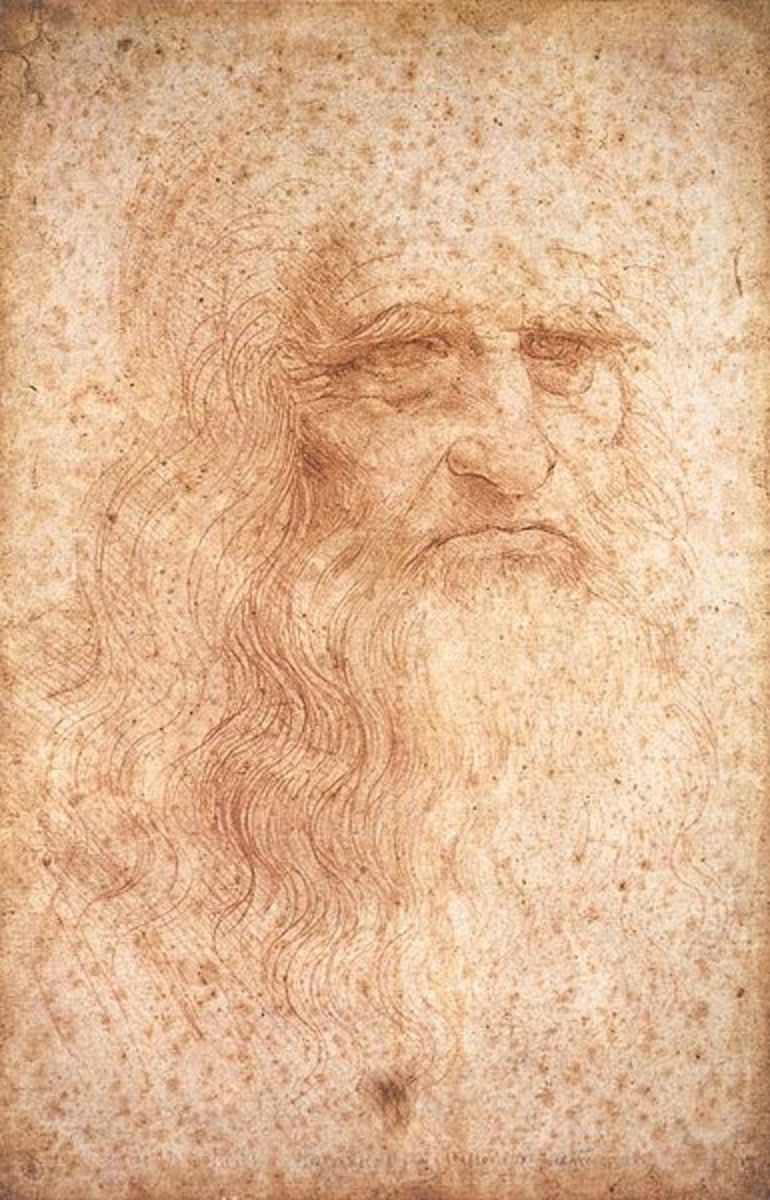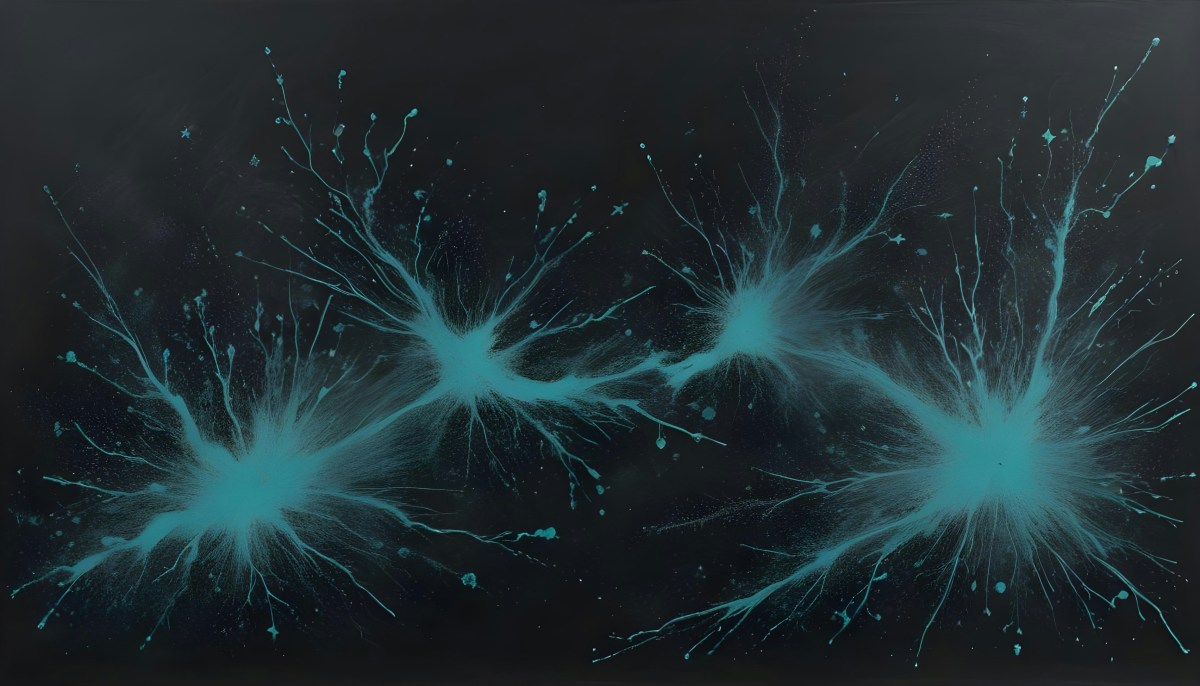Mind of a Renaissance - Jack of all Trades
Shakespeare is, essentially, the emanation of the Renaissance. The overflow of his fame on the Continent in later years was but the sequel of the flood of the Renaissance in Western Europe. He was the child of that great movement, and marks its height as it penetrated the North with civilization.....George Edward Woodberry
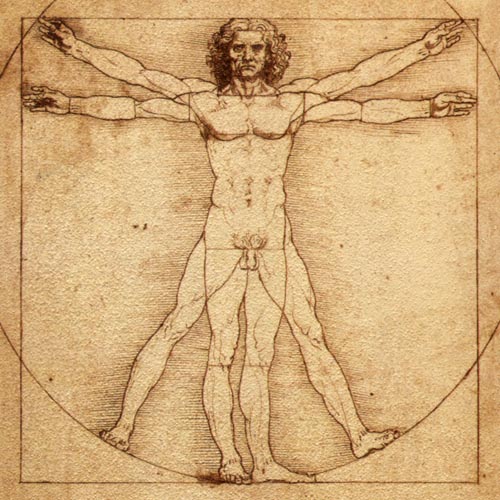
Description
A Renaissance Man is a term used to describe a person, whose expertise span over a number of fields, most of which may not be inter related.
Examples include Leonardo Da Vinci, well versed in Science and Engineering, who created a model of the flying Copter while at the same time, got attributed to painting the Last Supper.
The Renaissance cult spanned from Italy to Eastern Europe. A notable proportion being the king's Courtiers, who were required to be proficient in arts, culture, science and also be multi linguistic, among others. Strong emphasis was also laid down on sporting activities and it was required for a renaissance man to keep fit his body along with sharpening his mind.
Renaissance Mindset - The Origin
Renaissance as a a wave of thinking began in ancient Italy and then popularized to Europe. Leon Battista Alberti, an italian artist, author, linguist, priest, philosopher and cryptographer stated
' A person can do all things if he will. '
He tried to promote a universal thinking, urging others to embrace knowledge from all aspects of life and to prevent limitation of thinking in any field, be it social, physical or intellectual.
Powerful, but ....
Given the case, renaissance men do have their alter ego, which depicts a counter argument on the subject
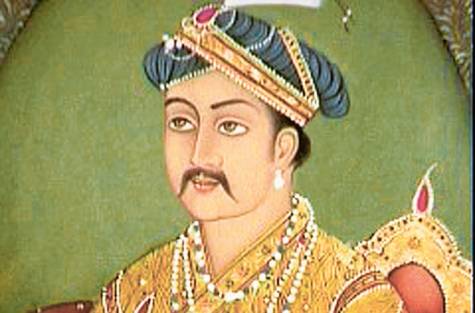
Who and How
- Akbar the Great (1547 - 1605) - An able General and Administrator, Akbar united various warring factions into a centralized system through diplomacy and conquest. Tolerance of all religions was encouraged and promoted. Abolishing of unwanted taxes such as Jizya, appointment of hindu scholars in the royal court and inter cast marriages stands testimony for this. Akbar also founded Din-i-illahi, a sect which combined the ideas of Hinduism, Christianity, Zoroastrianism and Islam. Though lacking formal education, was a great patron of literature and arts. Musicians, artists from Persia, Europe, visited his imperial court, the notable among them Tanzen, who eventually married Akbar's daughter. Trade and commerce flourished during his reign, through various economical policies which includes low customs duty, security and insurance to the traders, regular patrolling of highways by armed soldiers. All these aside, Akbar at times, did show traits of an omnipotent. There were some matters in which, he considered his decisions to be final, no matter the opinions.
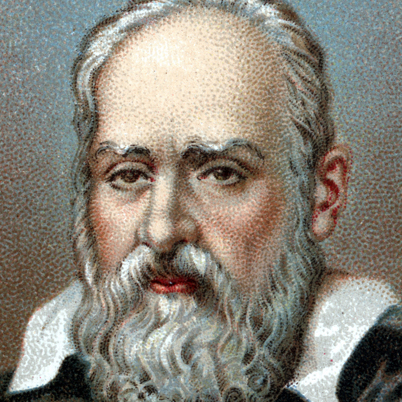
- Galileo (1564 -1642 ) - His contribution in Astronomy is most remembered, but Galileo was well versed in Mathematics, Philosophy and Art. He used to be a maths tutor and dearly loved the subject. His father on the other hand, wanted him to study medicine, which was then a lucrative career. But Galileo was highly averse to the idea. This ended in a quick exit from graduation college and absence of a degree. Polymaths, are well versed in number of fields and they also avoid certain others, which do not attract them.
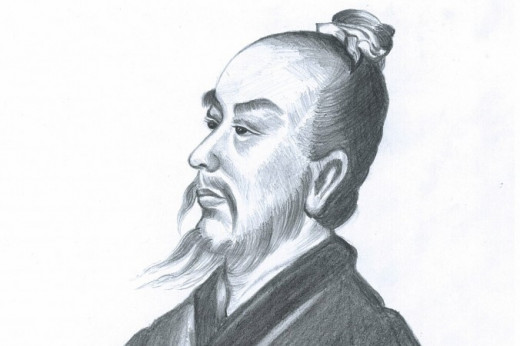
- Zhang Heng (78 -139) - Was an able statesman, mathematician, artist, poet, inventor, philosopher and a historian. He lived during Han Dynasty and was a student of the confucianism philosophy. A member of the Imperial Court, credited with the invention of seismometer and advancement in the water clock, however had a rebellious character. Zhang Heng was said to be strongly independent in his thoughts and words, which caused ire to many courtiers.
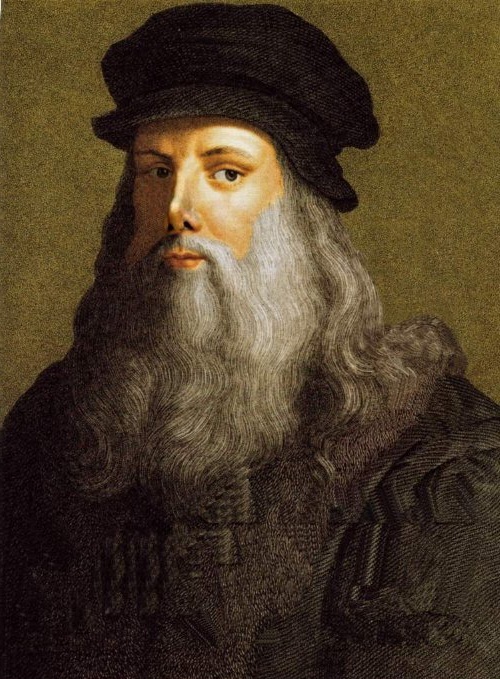
- Leonardo Da Vinci (1452 - 1519) - Considered a coveted polymath in all respects, his field of interest spans from arts, science, engineering to music, botany and architecture. Da Vinci however had a tendency to procrastinate heavily. The Last Supper was completed, only after threats to stop funding, were meted down by his patrons. Mona Lisa, his another notable work, took twenty years to complete. There were numerous other projects, such as ' The Adoration of the Magi ' which remained in the drawing board.
Benefits versus Demerits
- Renaissance mind is proved, to spark creativity. At the same time, there is also an analytical approach by the same person, which strengthens the end result. It is equal to having a scientific mind, along with creativity of an artist.
- Low burn out is observed in individuals, who pursue fields different from that of their professional life. Ironically some of these added skills, can provide needed career growth.
- As variety is the main theme, an open culture can be generated, which is the norm for today's globalization. This help's individuals adjust more better to life.
- Expertise in numerous fields, can give a rewarding feeling to the mind, which reduces depression and tension. Also failure in one field can be balanced by success in another.
